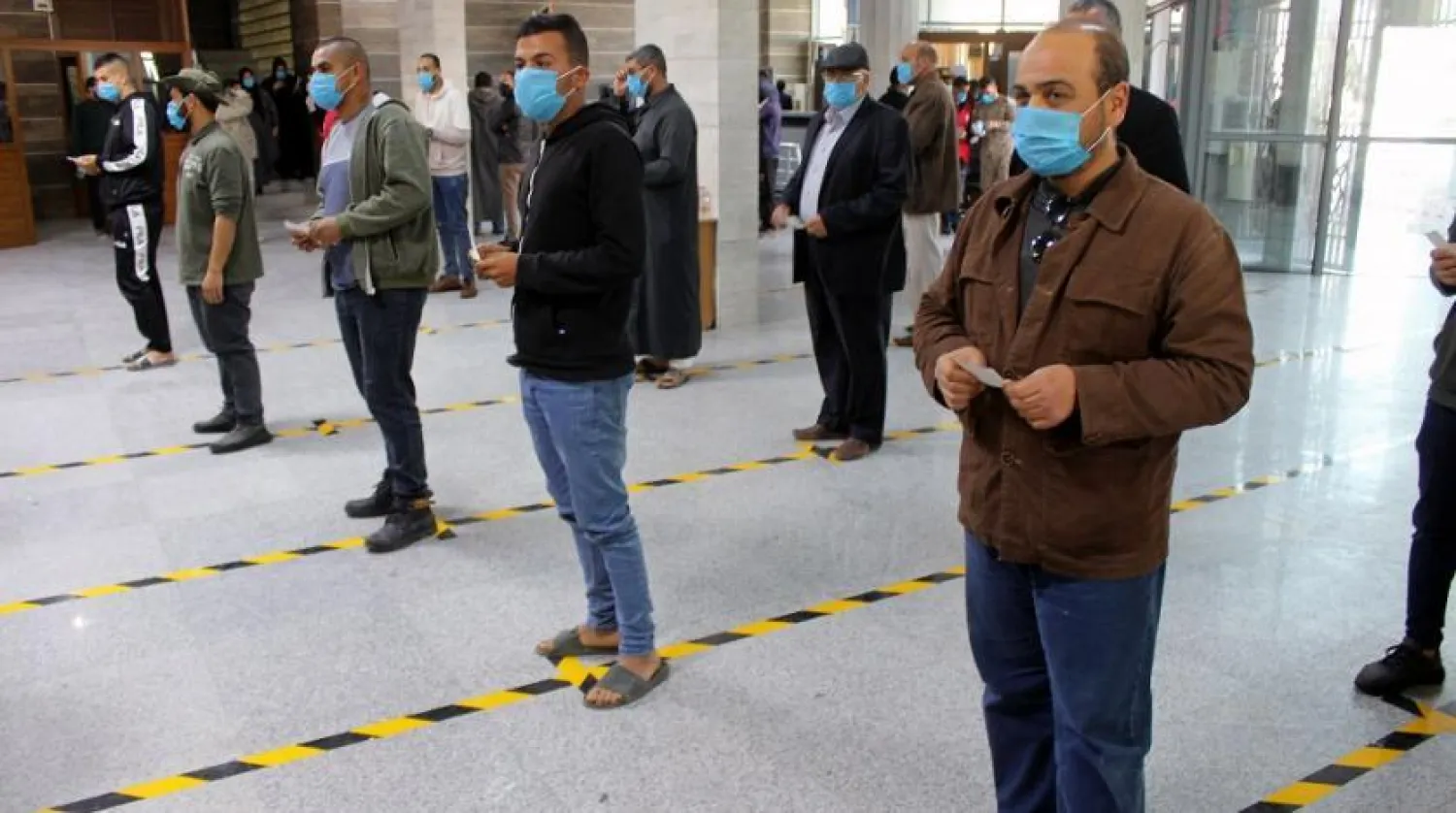The Presidential Council of Libya’s Government of National Accord has imposed total curfew in the southern region to limit the coronavirus outbreak.
It also extended on Saturday the curfew in western Libya’s cities for 10 extra days from 6 pm till 6 am, starting June 7.
These decisions come in light of an increase in the number of infections, as the total number of cases amounted to 256, after recording 17 new cases from southern and western Libya.
The Council stressed in its statement the importance of continued lockdown of mosques and supermarkets, as well as shops that do not provide basic services to citizens, including clothing and shoe stores, cafes, and restaurants.
It highlighted the need for maintaining the ban on religious, national, and social gatherings and events.
The National Center for Disease Control said the 17 announced cases include three in Tripoli, Sabha, and Sabratha, two for returnees from Nigeria and residing in Tripoli, one for a Chadian residing in Sabha and arrived from Sabratha, two for returnees from Moscow, and eight cases of those who had contact with infected people in Sabha, as well as a case for a Libyan residing in Misrata and arrived from Sabha.
In a statement on Sabha, Sabha Municipality called on the Security Directorate and all police services to secure the city again and impose curfew to contain the rapidly infectious virus.
“Fighting the epidemic is a national and legal duty for all the city’s residents,” it stressed.
The Supreme Committee to Combat the Coronavirus Epidemic (SCCCE) has earlier recommended that all administrative institutions continue their work at a 10 percent rate from 9 am to 2 pm, highlighting the importance of taking all the precautionary measures to prevent all forms of gatherings.
In this regard, Dr. Saada Boulifa, head of the Medical Advisory Committee’s medical team for awareness and prevention of the coronavirus in eastern Libya, has revealed an action plan aimed at launching educational programs in Benghazi.
In a statement on Sunday, Boulifa said the medical team will soon implement the plan in malls, private dental clinics, and on patients in the third tower in Benghazi Medical Center,
She stressed the importance of sustaining awareness programs on the dangers of the COVID-19, in light of the recent sharp rise in the number of infections in Libya’s western and southern regions.









